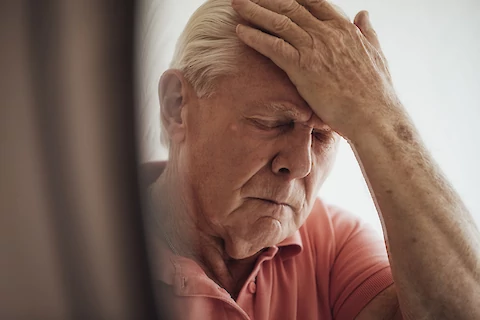
Understanding the potential risks and dangers related to brain injuries is vital, especially for seniors and their families. That's why it's important to delve into the complexities of two highly relevant brain injuries - concussions and Chronic Traumatic Encephalopathy (CTE). These injuries are particularly significant for seniors with a history of contact sports or accidental falls. Consider the causes, symptoms, and potential long-term impacts of these conditions on your senior loved ones. These critical health issues require careful assessment and care to ensure quality of life.
Understanding Concussions
Concussions refer to a type of traumatic brain injury. They usually occur due to a hit to the head or a violent shaking of the head and body. Seniors might suffer concussions due to falls, car accidents, or even while participating in recreational activities.
Symptoms can vary widely but may include headaches, dizziness, and confusion. More severe concussions result in loss of consciousness, memory problems, and changes in mood. The effects of a concussion can last for days, weeks, or even years if the right steps are not taken to treat and manage symptoms.
Understanding Chronic Traumatic Encephalopathy (CTE)
CTE is a progressive and fatal brain disease associated with repeated traumatic brain injuries. These include concussions and repeated blows to the head. It's typically seen in athletes, though military personnel and others with a history of repetitive brain trauma can also suffer from CTE.
The symptoms, including confusion, loss of memory, impaired judgment, and eventually progressive dementia, may not appear until years or even decades after the last experienced brain trauma. It's a serious condition demanding immediate medical attention and supervision.
Resources for Medical Assistance
If you suspect that your loved one is showing symptoms of concussions or CTE, it is crucial to seek immediate medical help. There are numerous healthcare facilities and neurology specialists that can offer expert advice. Remember, early detection and treatment can mitigate the long-term effects of these conditions. Encourage seniors to speak with their primary physician and see if they can get a referral to a nearby neurologist.
Work With Senior Helpers Dayton
Navigating the complexities of brain injuries like concussions and CTE can be challenging. But understanding the causes, symptoms, and potential long-term impacts is the first step towards ensuring the safety and well-being of our loved ones. At Senior Helpers Dayton, we aim to provide not only the best care for our seniors but also the relevant information to keep them safe and healthy.
If you or your loved one in Huber Heights, Beavercreek, Centreville, Oakwood, or the surrounding areas need assistance with daily activities or specialized care, don't hesitate to contact us at your earliest convenience. Let's work together for a safer, healthier senior living experience.
Disclaimer
This blog post is meant to spread awareness and educate readers about concussions and CTE. However, it should not replace the advice of a healthcare provider. Always consult with a medical professional if you suspect a brain injury. The health of our loved ones is too important to leave up to chance.